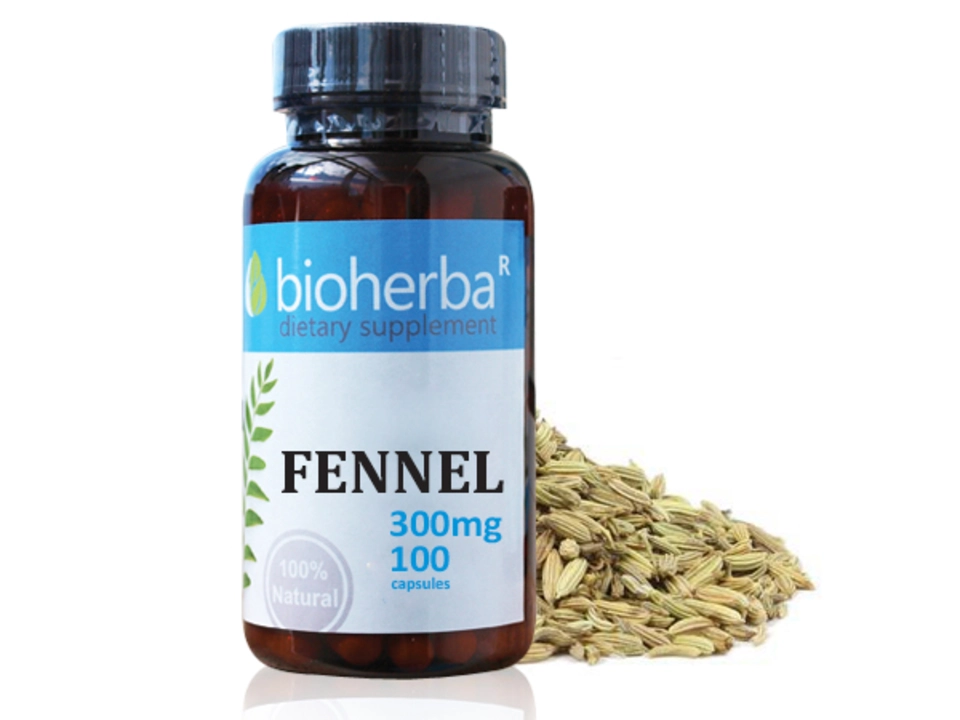Natural Health: Practical Guide to Plant Based Supplements
Looking for real, useful info on natural supplements? This page highlights two popular picks — grape-based supplements and buchu — and gives clear tips on what works, what doesn’t, and how to use them safely. I’ll keep it short and practical so you can make better choices today.
Why people use grape and buchu supplements
Grape supplements, like grape seed extract and resveratrol, are used for antioxidant support. Small clinical studies have linked grape seed extract to modest improvements in blood pressure and blood vessel function. Resveratrol draws interest for effects on metabolism and inflammation, though outcomes depend on dose and product quality.
Buchu is a South African herb used traditionally for urinary and digestive discomfort. Lab work shows it has anti-inflammatory and mild diuretic effects. People use buchu for short-term urinary relief or as a digestive aid, but strong human trials are limited.
How to pick and use them safely
Start by checking the label. Look for standardized extracts (for example, “standardized to 95% proanthocyanidins” for grape seed) and third-party testing seals from groups like USP, NSF, or ConsumerLab. Pick brands with clear dosing and full ingredient lists, not vague proprietary blends.
Common doses you’ll see: grape seed extract often ranges from 100–300 mg daily; resveratrol supplements typically fall between 100–500 mg. Traditional buchu use is usually brewed as tea from 1–2 grams of dried leaf or taken as a commercial extract per label directions. Follow the product instructions and start at the lower end.
Watch for interactions. Grapes and grape extracts can increase effects of blood-thinning drugs and may change how blood pressure meds work. Buchu can act like a mild diuretic, so avoid it if you take strong diuretics or have kidney problems. Pregnant or breastfeeding people should skip these supplements unless a clinician approves.
Combine supplements with real food. Eat more whole grapes, berries, vegetables, and fiber to boost benefits. Supplements are not a replacement for a healthy diet—they’re a concentrated backup when you need extra support.
Practical steps before you buy: ask what you expect the supplement to do, check for third-party testing, compare ingredient lists, and read user feedback for safety signals like stomach upset or headaches. If you’re on meds or have chronic conditions, ask your healthcare provider before starting anything new.
Quick checklist:
- Pick standardized, third-party tested products
- Start low and monitor how you feel
- Avoid if pregnant, breastfeeding, or with serious kidney or liver issues
- Tell your doctor if you take blood thinners or blood pressure meds
Give each supplement a trial. Use any new product for four to twelve weeks while you watch for changes in energy, digestion, sleep, or blood pressure. If you see no benefit after a trial or notice side effects, stop and talk to your clinician. Want reads? Check our grape and buchu articles.
If you want, I can point to specific grape or buchu articles and product guides on this site so you can read study summaries and brand comparisons.
Swallowroot Supplement: The Science That Could Transform Your Health
Explore the scientific research behind Swallowroot, a dietary supplement that supports gut health, reduces inflammation, and may boost overall wellness.
Keep ReadingCola (Kola) Nut: Benefits, Caffeine, Uses, and Safety Guide
Curious about cola (kola) nut? Learn real benefits, caffeine facts, safe dosage, side effects, and easy ways to use it-without the hype.
Keep ReadingSulfur Supplement Science: MSM Benefits for Joints, Skin, and Detox
Clear, evidence-backed guide to sulfur (MSM): what it does, proven benefits, dosing, safety, food sources, and smart ways to use it for joints, skin, and detox.
Keep ReadingPurple Power: Unveiling How Grape Dietary Supplements Boost Health
Explore the fascinating world of grape dietary supplements and their surprising impact on wellness. From their antioxidant prowess to cardiovascular benefits, discover how these tiny powerhouses pack a punch in health. Learn why grapes are not just delicious but also indispensable for maintaining health. With a blend of science and simple tips, this article demystifies the wonders of grape supplements.
Keep ReadingThe Science Behind Buchu: Unveiling the Health Benefits of This Remarkable Dietary Supplement
I recently delved into the science behind Buchu, a remarkable dietary supplement that boasts numerous health benefits. This South African plant is packed with antioxidants and anti-inflammatory properties, making it an excellent natural remedy for various ailments. Studies have shown that Buchu can help with urinary tract infections, digestion issues, and even arthritis pain. Additionally, its diuretic properties aid in flushing out toxins and promoting overall kidney health. I'm truly amazed by the numerous benefits this humble plant has to offer and can't wait to incorporate it into my daily wellness routine.
Keep Reading




